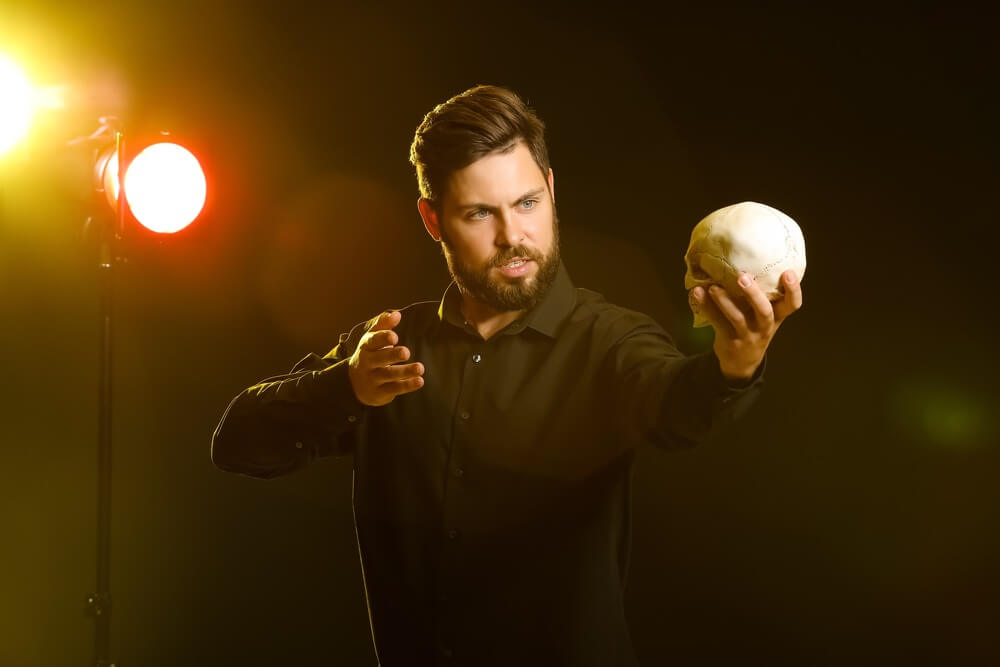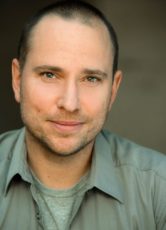
Selecting an audition monologue to represent who you are as an actor can be stressful. Having the freedom to choose any piece when there is so much material can feel like a daunting task.
In this Arvold ASK video, casting director Erica Arvold and acting coach Richard Warner discuss why monologues are important and share some guidelines to make the process easier.
According to Arvold, the monologue you select will reveal more about the actor than the performance.
“The thing that always intrigues me about asking an actor to do a monologue isn’t necessarily the performance itself—which seems really crazy, right? It’s actually what monologue that actor chooses that informs me more—or at least equally so—as the performance,” she says. “I feel like I get to know them, I get to feel what they’re attracted to.”
Your monologue should showcase compelling characters you can portray that demonstrate your type. A good monologue will call for a variety of emotions so casting can see your range. If you feel you’ve been typecast, you can also go against type to show casting directors you’re capable of playing a wider range of roles.
Make sure to select material that is the length casting requires. For example, if they’re asking for a 60-second piece, consider a 50-second monologue so you don’t get cut off mid-sentence if you happen to run a bit long.
Remember, the monologues featured in monologue books are overrepresented in the audition room. It helps to do some homework and find out-of-the-box material that speaks to you in order to stand out. “It’s really nice and fresh and memorable to come up with something different from those books,” Arvold says.
Monologues for Television and Film Roles
There are endless monologue options that can be taken from films and the original content on streaming services like Netflix. Arvold tells actors who are considering using a monologue from a movie, “If you relate to a character in a film and feel it is your type and you have something to say and whatnot, I would absolutely encourage you to make a monologue out of it.”
Warner, however, warns actors to use caution when it comes to monologues from famous, award-winning movies “because invariably what’s going to happen is the casting director —just because it’s a natural, human thing to do— will compare you with that major performance.” Instead, he advises actors to look into obscure, independent productions.
According to Arvold, using material from famous movies can work as long as you select from its less popular scenes.
Monologues for the Theater
When trying out for plays or applying to theater programs, you’ll want to opt for more classical, literary material. “There is something innate in theater writing that is meant for the theater,” Arvold explains.
One way to select a theater-audition monologue is to choose a playwright whose work you gravitate toward. Find the cast of characters in each of his or her plays where it lists a brief description of each character.
Once you’ve figured out which roles might fit your type, read through each of those characters’ monologues. Whichever you select, make sure to read the entire play as this will inform your understanding of the character as well as your creative choices.
You can also choose to write your own monologue, but Arvold advises that you first run it past a professional to make sure it serves the purpose of an audition monologue.
Want to get your acting career started? Sign up or login to Casting Frontier and start auditioning today!
You may also like:




